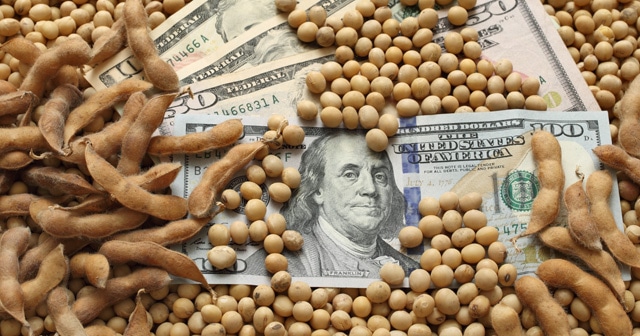Grains are considered commodities because they are referred to as agricultural products either in their original form or already processed. And there are many types of grains, which are an essential part of our diet. Some examples are rice, wheat, oats, corn, barley, to name a few. That’s why grain marketing is vital for growers to market their products. Grain brokers are the professionals that offer grain marketing services, such as Grainwise. Aside from taking the growers’ products to the market, they make necessary improvements in the operations for a smoother process that can benefit every grower’s business.
What is Grain Marketing?
Grain marketing has been around for thousands of years, dating back to 9000 BCE. It all began when farmers grew a little bit of every grain by producing a lot of one type. And in today’s world, grain marketing is one of the fast-growing, fast-paced commodity markets that offer a potentially lucrative career. It’s how growers and farmers sell what they grow, which is why choosing a reliable and professional grain broker matters. These are used by many industries, such as the food industry and the poultry industry. So with a successful grain marketing system, farmers are able to sell them on a large scale.

The Key Roles in Grain Marketing
There are several players in grain marketing. The first ones are the farmers, which are the grain producers or growers. Without them, there’s no grain market. They use a combination of knowledge, experience, expertise, and technology to produce as many grains as they can. The second player is the buyers, consisting of feed yards, mills, and ethanol production plants. They are the primary buyer of grains. Once the grains are harvested, farmers will store them in a grain elevator or on the farm until it’s time to sell.
Another critical component in grain marketing is storage and transportation. These may be grain elevators, which typically sit beside highways or railways to make transportation easier. Other times, they’re stored in ports for easy shipping. Before all that, the operators will check the grains for quality before storing them. They will check for debris and examine the moisture level of the stalks. They will ensure that the grains won’t age prematurely or grow molds during storage.
Staying Competitive
For grain traders to succeed, they must be competitive. They rely primarily on accurate and real-time data. Grain traders must also be aware of the weather trends and events. Overall, there are many factors that will affect the moving prices that may demand attention. So they need to be on high alert at all times to stay on top.



















